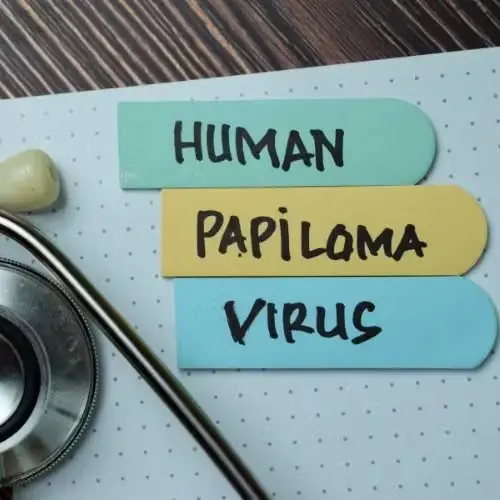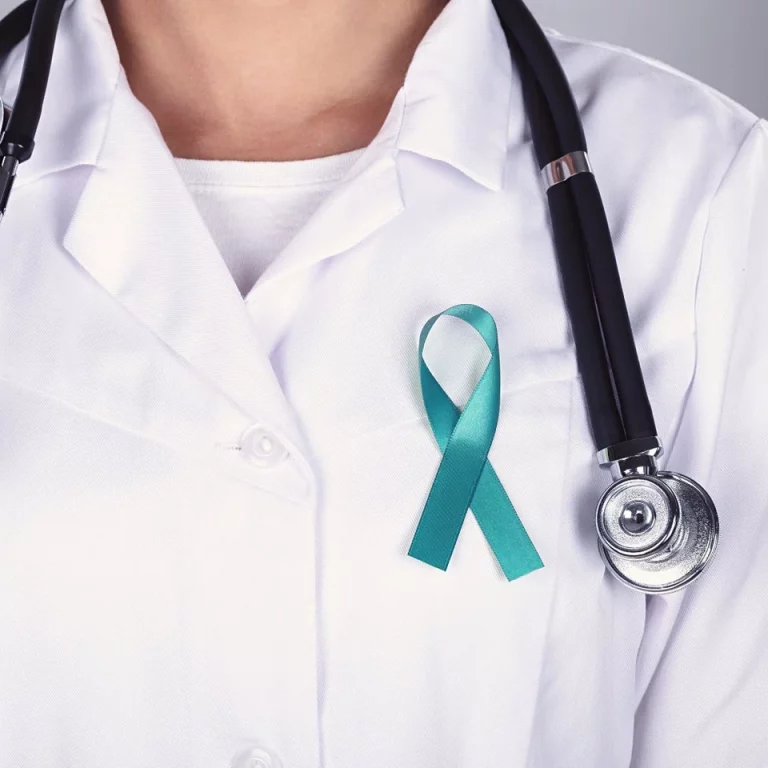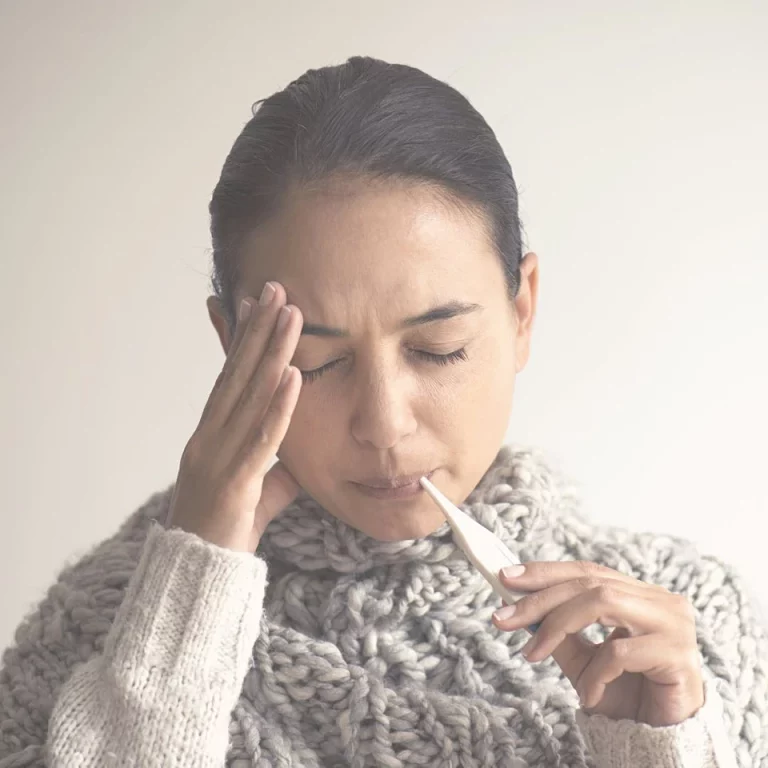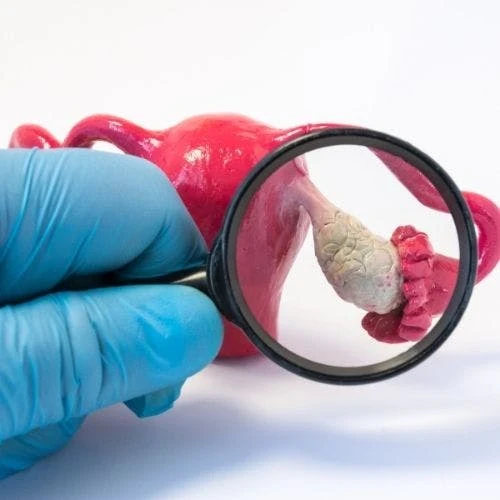Herpes VS HPV: Symptoms & Treatment Differences
When talking about sexual health and sexually transmitted disease (STD), there is no question that is too specific or ‘dumb’ to ask. The more you ask, the more you learn about sexual health to prevent any negative consequences. Among all the different questions asked, one of the most common is regarding the differences between HPV vs herpes. In this article, we will use the terms sexually transmitted infection and sexually transmitted disease interchangeably, although the use of STI is becoming more standard.
This is actually a frequent question since HPV and herpes are the two most common STDs. Sexually transmitted infections (STIs) are common and can cause a range of symptoms that can be uncomfortable and distressing. Both herpes and HPV can have similar symptoms, but there are also important differences between the two infections.
Almost 80 million Americans have human papillomavirus (HPV), while 1 in 8 people between 14-49 years old has genital herpes. HPV is the most common STI. To learn more about the difference between these two conditions, read on!

HPV vs. Herpes
The reason why many people are unsure of what they have (HPV or herpes) is that both are common STDs that have many similarities. Both of them can cause genital lesions or have no symptoms at all. They both are acquired through sexual contact. If you are a sexually active person, it is important to understand herpes infections as well as high-risk HPV types.
Herpes is caused by the herpes simplex virus (HSV) and is extremely common. There are two types of herpes: herpes simplex virus type 1 (HSV-1) and herpes simplex virus type 2 (HSV-2). HSV-1 infections are typically associated with cold sores around the mouth, while HSV-2 is associated with genital herpes. Symptoms of herpes can include painful blisters or sores, itching, and flu-like symptoms.
HPV is also very common and is caused by the human papillomavirus. There are many different types of HPV, some of which can cause genital warts and others that can cause cancer. Symptoms of HPV infection can include warts or growths on the genitals or anus, itching, and abnormal bleeding. The most dangerous strains of HPV can cause cervical cancer. The good news is that the HPV vaccine is available and can help to prevent against this. It is typically offered as young as age 11 or 12, but many young adults also get the vaccine later in life. It is most protective to get it before you become sexually active. The risk of contracting HPV increases as your number of sexual partners increases.
However, many people with HPV do not experience any symptoms at all. Both viruses can cause significant health problems. The best way for sexually active people to stay safe is to be educated and aware of the different symptoms and how you can prevent against viral infection. Here are some of their key differences:
Symptoms of Herpes & Symptoms Of HPV
It can be confusing to figure out if a lesion in the genital area is from herpes or from HPV. Trying to figure out how you got the virus can be helpful. If you have been vaccinated against HPV, you are less likely to get it. If you have sexual contact with a person who has an active herpes outbreak, you are more likely to get it.
HPV Symptoms
Unfortunately, the most common symptom of HPV is no symptoms at all. Those who have HPV don’t usually experience any symptoms at all. You might not even realize you have it!
However, if you do experience symptoms of the human papilloma virus, the most common symptom is warts. Since there are over 150 HPV types, the symptoms depend on the type you contracted. Some HPV strains can cause warts, other strains may increase the risk of you developing HPV-related cancer. A physical exam by a healthcare provider may show warts in the genital area or the mouth and throat. These can grow as single growths or a cluster of growths, even looking like a cauliflower.
Herpes Symptoms
As for herpes, there are two types: HSV-1 and HSV-2. Both types of viral infections can affect parts of your body, causing either oral HPV (HSV-1) or genital herpes (HSV-2). HSV 2 can cause genital herpes blisters and there’s an increased risk of contracting it during sexual activities with direct skin contact of the lesions. Similar to HPV, there are some situations where herpes might not have symptoms or very mild to unnoticeable symptoms that you may confuse with other things, like ingrown hairs, skin conditions, or the flu.
The symptoms depend on where herpes affects you. Either way, you are most likely to experience flu-like symptoms, redness, swelling, itching, or pain in the infected area, blisters or cold sores, among others.
Transmission Of HPV VS HSV
Related: Can You Catch HPV From A Toilet Seat?
The way it was spread is also different. With HPV, it is through skin-to-skin contact with an infected person through vaginal, anal, or oral sex. With herpes, it can either be skin-to-skin contact or through saliva.
To diagnose HPV, you can undergo an HPV test, which is also sometimes used during Pap tests. Or, visual examination of warts may diagnose certain cases.
For herpes, physical exams are done if there are lesions taken. Samples may be taken to the lab and a viral culture may be done to evaluate the open sores.
Differences Between Herpes And HPV
Herpes and HPV are two sexually transmitted infections that share some similarities but also have some differences in their symptoms and effects on the body. Here are some key differences:
- Cause: Herpes is caused by the herpes simplex virus (HSV), while HPV is caused by the human papillomavirus (HPV).
- Symptoms: Herpes typically causes painful blisters or sores in the genital area, while HPV may cause genital warts or no symptoms at all. However, some strains of HPV can cause cancer in both men and women. Cervical cancer is associated with high risk HPV strains.
- Transmission: Both herpes and HPV are transmitted through sexual contact, but herpes can also be spread through skin-to-skin contact with an infected area. With the HPV virus, it is through skin-to-skin contact with an infected person through vaginal, anal, or oral sex. With herpes, it can either be skin-to-skin contact or through saliva.
- Treatment: While there is no cure for either herpes or HPV, there are medications available to help reduce the risk of complications. Antiviral medications can help reduce the frequency and severity of herpes outbreaks, while the HPV vaccine is available to protect against certain strains of HPV that can cause cancer. HPV vaccination is extremely effective at reducing rates of cancer.
Screening And Treatment For HPV
It is important for sexually active individuals to get regular screenings for both herpes and HPV, as well as other sexually transmitted infections, and to practice safe sex to reduce the risk of transmission. Pap smears for sexually active women are very important to monitor for any concerning changes related to cervical cancer. The high risk type of HPV (types 16 and 18) are the most concerning for cervical cancer.
When treating HPV, the virus can’t be cured, though you may be prescribed drugs for warts, or they can be removed when necessary. Treatment options for HPV are limited, but, it is possible for your body to clear HPV on its own.
Screening And Treatment For Herpes
Herpes is a virus that can’t be permanently cured as well. There are antiviral drugs that can treat symptoms and reduce any outbreaks. Many patients will take Valtrex to control their genital herpes.
Preventing HPV
Prevention is very important and HPV vaccination can be very effective in controlling the disease. Because HPV is extremely common, the vaccine plays a large role in disease prevention. The HPV vaccine is especially important in women because the virus can cause cervical cancer. It is also important to practice safe sex, as there are many other sexually transmitted infections you can get such as the HIV infection, chlamydia and gonorrhea. Be sure to visit your family doctor or Ob Gyn for your routine screenings including your pap smear. Make sure to practice safe sex not just for anal sex or vaginal sex, but for oral sex as well.
Preventing Herpes
Use a condom every time that you have sexual intercourse. This can reduce the risk of transmission of genital herpes. Additionally, avoiding sexual activity during outbreaks. If your partner has symptoms of genital warts, be sure that they are taking anti-herpes medication which can help reduce symptoms and make the infection less contagious. During genital herpes outbreaks, it is also important to avoid touching herpes sores and to wash your hands with soap and water if you do come into contact with them. There is a higher risk of getting herpes from your partner if they are not on an antiviral medication or if they have visible genital lesions of the herpes virus.
HPV vs. Herpes: Summary
The two STDS have many similarities and several differences as well. They both are usually acquired through sexual transmission and both can cause genital lesions. Oral herpes is due to HSV 1 and genital herpes is from HSV 2. HPV (human papillomavirus) can cause cervical cancer, and there is a vaccine available for HPV. Herpes does not have a vaccine available, but oral anti viral prescription medications can be helpful in reducing the likelihood of an active outbreak. HPV tests during routine screening via pap smear for cervical cancer can also be done. If you have not kept up to date with your pap test it is very important to do so. The pap smear is the best screening tool for detecting signs of cervical cancer. If you have symptoms of genital herpes, be sure to talk to your doctor right away so that you can get help controlling an outbreak. Remember that practicing safe sex is the best way to reduce transmission of these different viruses.
We discuss products we think are useful to people. If you buy something through our links, we may earn a commission. Remember to check with your personal physician to see if a product recommended is right for you.








